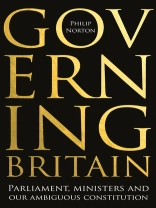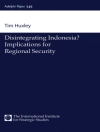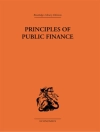Who governs Britain? Is Parliament sovereign? Who chooses the Prime Minister? And who enforces the rules?
The United Kingdom is in the throes of political and constitutional conflict. Tensions between different Westminster and Holyrood, and between the UK and the European Union, are part of a wider picture of constitutional flux. The United Kingdom is one of only three nations that does not have the principal provisions of the organs of state, nor is how they relate to one another and to the citizen embodied in a single document. Devolution and Brexit have given rise to calls for a codified constitution, but the debate has taken place against a background of confusion and uncertainty as to existing constitutional arrangements. We must first understand what already exists and how our constitution works today.
This deeply informed and elegantly written book addresses the problems that have arisen in the context of the greatest political crisis our country has faced in decades.
Daftar Isi
1 Britain’s uncodified constitution
2 Constitutional twin pillars: does parliamentary sovereignty trump the rule of law?
3 Constitutional conventions: when is a convention not a convention?
4 The constitution, the EU and Brexit: who governs?
5 Parliament and referendums: direct or representative democracy?
6 Parliament and the courts: strangers, foes or friends?
7 The law of Parliament: who polices the rules?
8 Fixed-term Parliaments: fixed or not so fixed?
9 Choosing, and removing, a Prime Minister: who decides?
10 A deputy to the Prime Minister: a deputy but not a successor?
11 Ministerial responsibility: responsibility for what?
12 Devolution: a disunited union?
Notes
Bibliography
Index
Tentang Penulis
Philip Norton (Lord Norton of Louth) is Professor of Government at the University of Hull












